From the President: Focus on Rural and Resilience

There is a strong need for postgraduate specialty training for our profession and subsequent recognition of our specialty of family medicine/general practice alongside other specialties in medicine. Last month I reported on a trip to Morocco where our member organisation, MG Maroc, found renewed enthusiasm for petitioning for specialty recognition of general practice in the country.
RACGP award ceremony
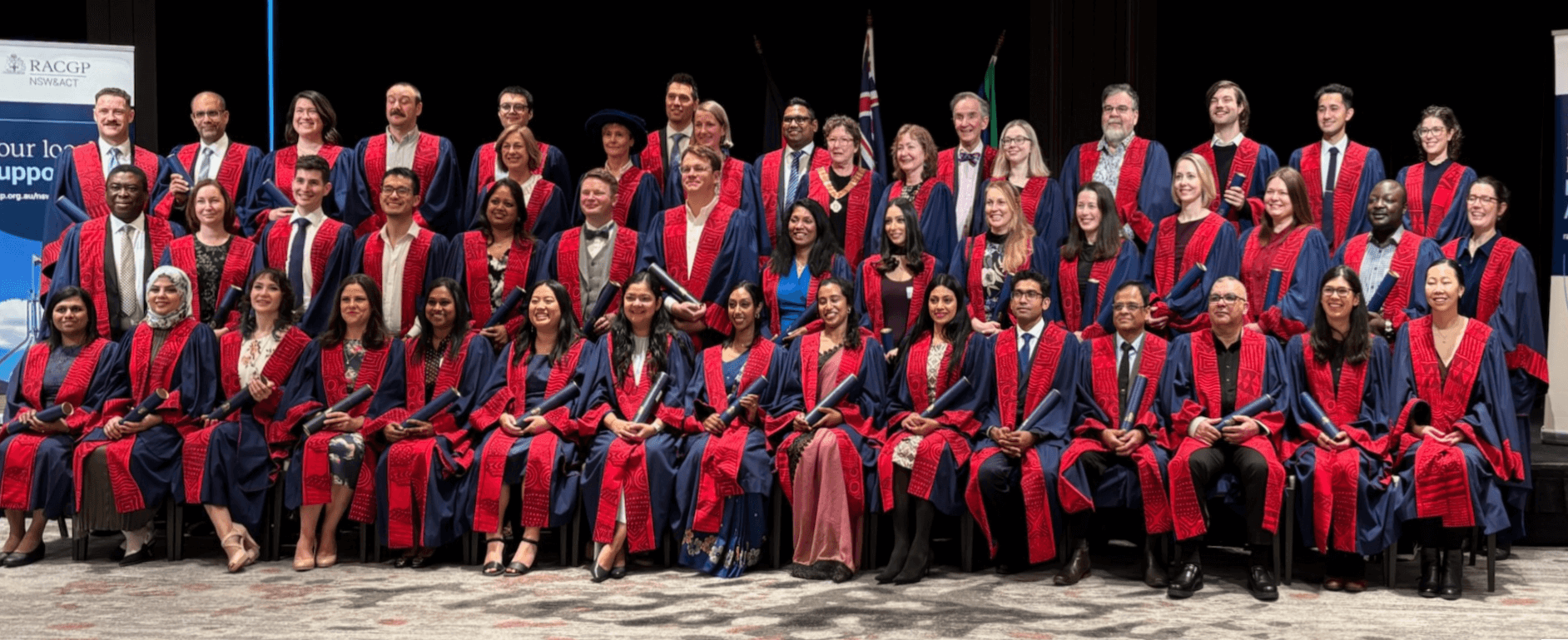
The last weekend in June, I attended an Academic award ceremony in my own country, for 37 doctors who had achieved their specialty qualification in general practice, which we call the Fellowship of the Royal Australian College of General Practitioners (RACGP). Photo above.
These doctors will have finished a minimum three-year apprenticeship and training, mostly in community clinics working alongside their supervisors and senior colleagues. The award is the culmination of much hard work and study and of course, passing the necessary final Fellowship exams.
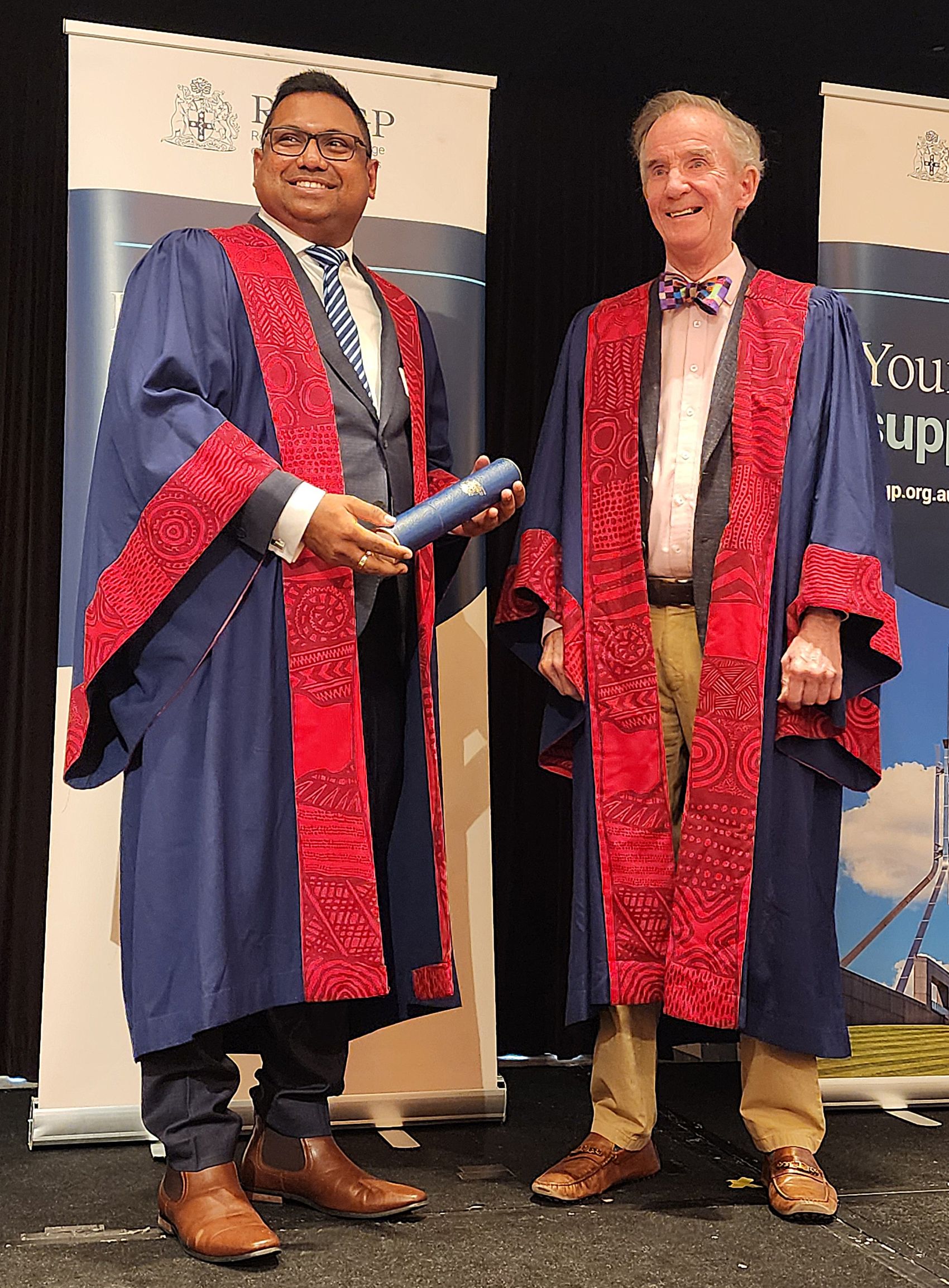
I was impressed that one young man, Dr Isuru Wasthuhewa Arachchi (pictured with our RACGP State Provost, Dr Michael Fasher), was not only awarded the Fellowship of the RACGP but was also awarded a fellowship in rural generalism - the result of more study and more time and passion for rural practice.
The definition of an Australian Rural Generalist is “a medical practitioner who is trained to meet the specific current and future health care needs of Australian rural and remote communities, in a sustainable and cost-effective way, by providing both comprehensive general practice and emergency care, and required components of other medical specialist care in hospital and community settings as part of a rural healthcare team”.
EURIPA conference
The European Rural and Isolated Practitioners Association (EURIPA) held their 14th rural health forum conference from the 26 to 28 June in Wittenberg, Germany with the theme “Rural Reformation: Meeting Well-Being and Health Care Needs in Rural Communities”. EURIPA is a network of WONCA Europe and represented on their board.
The World Health Organization (WHO) has considered how to meet global well-being and health care needs and divides it into seven different factors, which I talked about to a varying degree.
- Promote Universal Health Coverage
- Focus on Primary Health Care
- Advocate for sustainable financing and for access to essential medicines
- Community engagement in health promotion and policy development
- Social factors and environmental determinants
- Promote wellbeing
- Provide specific initiatives – and here I spoke of health care worker shortages, utilising telehealth, empowering local communities and prioritising equity.
It is my view that by addressing these challenges and implementing targeted strategies, it's possible to improve access to UHC and achieve better health outcomes for rural communities.
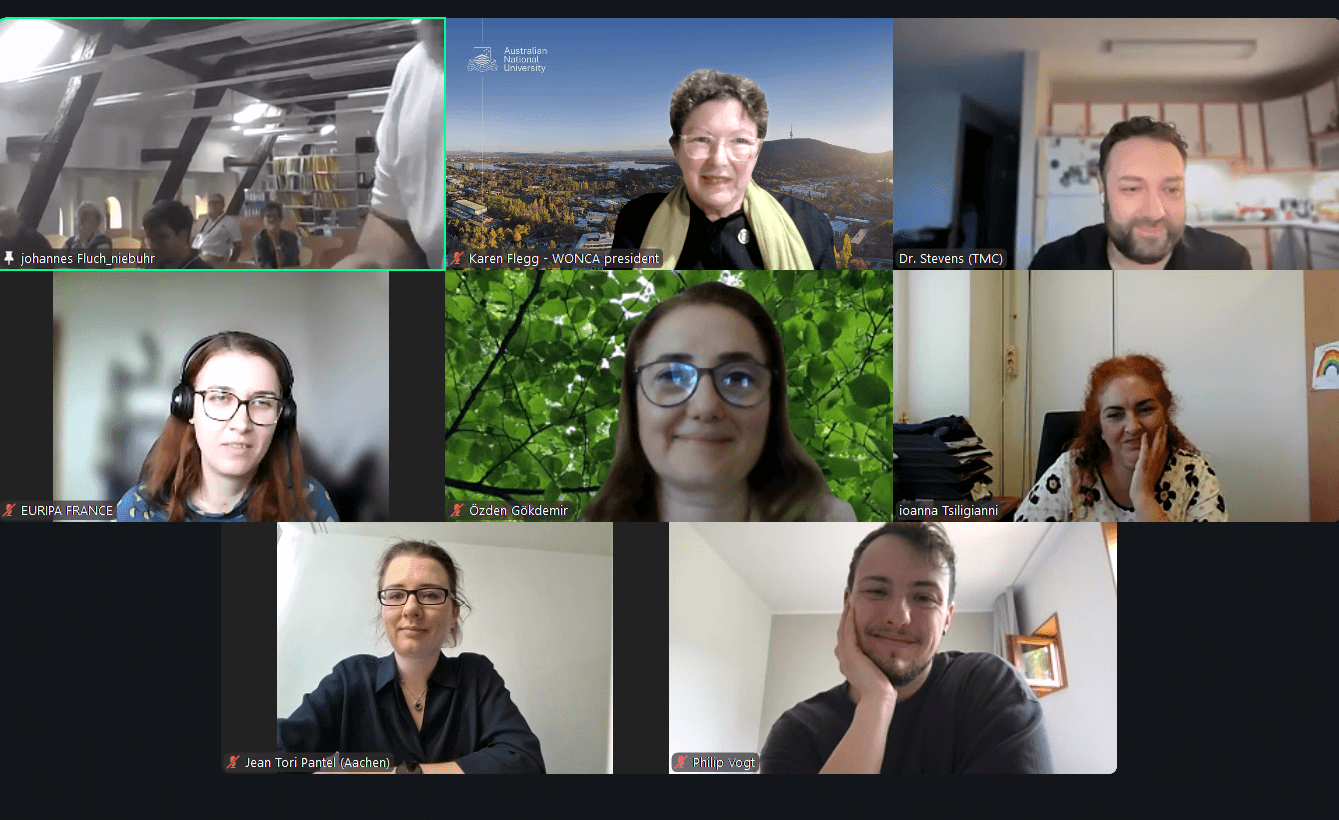
EURIPA also invited me to participate on a panel “intergenerational session: passing the torch” chaired by Oleg of Kravtchenko (Norway) and Johannes Fluch-Niebuhr (Germany). Fellow panellists were Veronika Rasic (Croatia and UK), Özden Gökdemir (Turkey), Ioanna Tsiligianni (Greece), Jean Tori Pantel (Germany) and Philip Vogt (Germany) and John-Michael Stevens, (Canada – not in photo)
We were asked some interesting questions about mentorship in rural practice, balance of life and work, why rural, and the role of AI.
Balance struck a particular chord given that we’ve only just had World Family Doctor Day on May 19th.
World Family Doctor Day (WFDD) resilience
This year’s theme emphasised that mental resilience is not a luxury but a necessity. Family doctors, often the first point of contact in healthcare systems, are uniquely positioned to nurture this resilience. Through long-term, trust-based relationships, they can detect early signs of mental distress, provide holistic support, and guide patients toward recovery and strength.
WONCA’s campaign also highlighted that mental resilience was essential for family doctors, themselves. When family doctors prioritize their own mental health, they are better equipped to support their patients. This fosters healthier communities and more sustainable healthcare systems.
As always, WFDD 2025 was marked by an enormous variety of events around the world, each reflecting the theme in culturally meaningful ways:
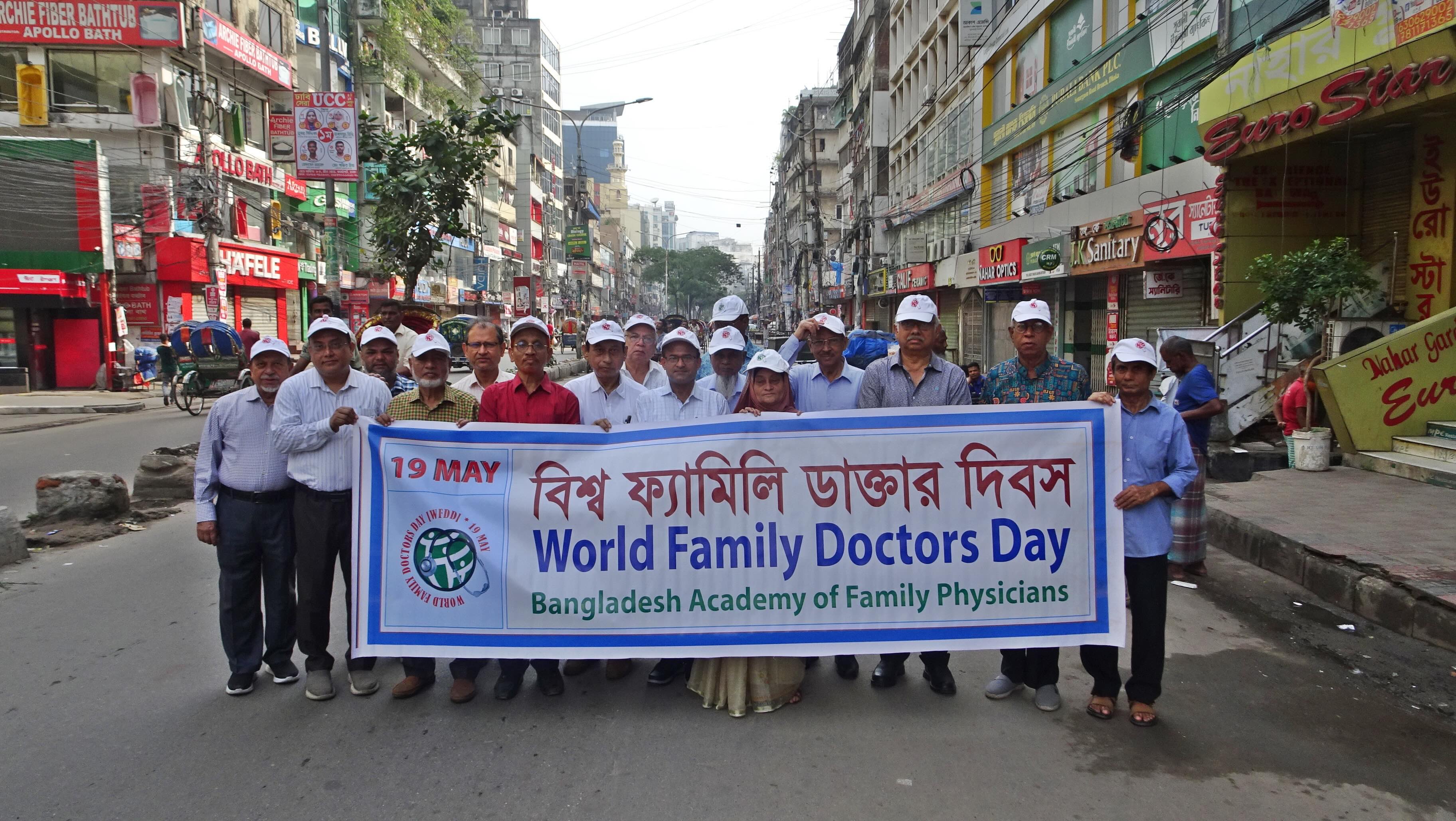
- In Botswana, family doctors and community members climbed Kgale Hill together, symbolizing the physical and mental challenges of resilience.
- In Bangladesh, a rally and public meeting in Dhaka brought attention to the role of family doctors, including a CPD session on obesity and mental health. Our colleagues in Bangladesh have held similar marches over many years on WFDD
- In Portugal, the APMGF distributed a booklet of literary reflections to family doctors and held talks on anxiety in schools.
- In Zambia, a community march led by family doctors and medical students featured speeches and music to celebrate mental resilience.
- In India, the AFPI Telangana Chapter hosted a CPD event with psychiatrists, psychologists, and family physicians on topics like geriatric mental health and nutrition.
Find out more about the many activities by reading the WFDD report here.
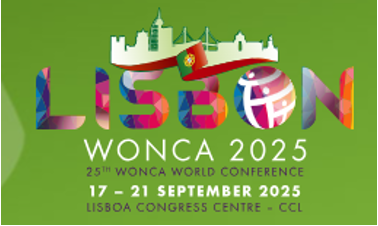
Finally, to join your colleagues at our coming WONCA World Conference in Lisbon, register here.
See you in Lisbon
A/Prof Karen Flegg
WONCA President